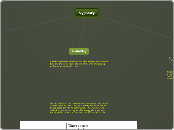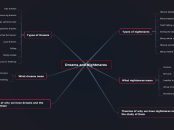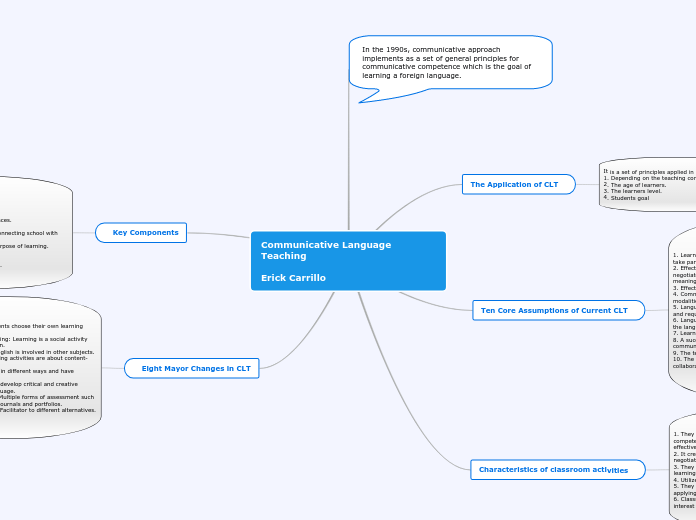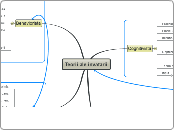realizată de Parker Ketring 6 ani în urmă
260
Parker Ketring - ED 200
Parker Ketring explores several core questions related to teaching and education, reflecting on their personal philosophy and motivations. They believe that everything is worth teaching and that even those unwilling to learn deserve the effort, as they may simply doubt their ability to learn.









